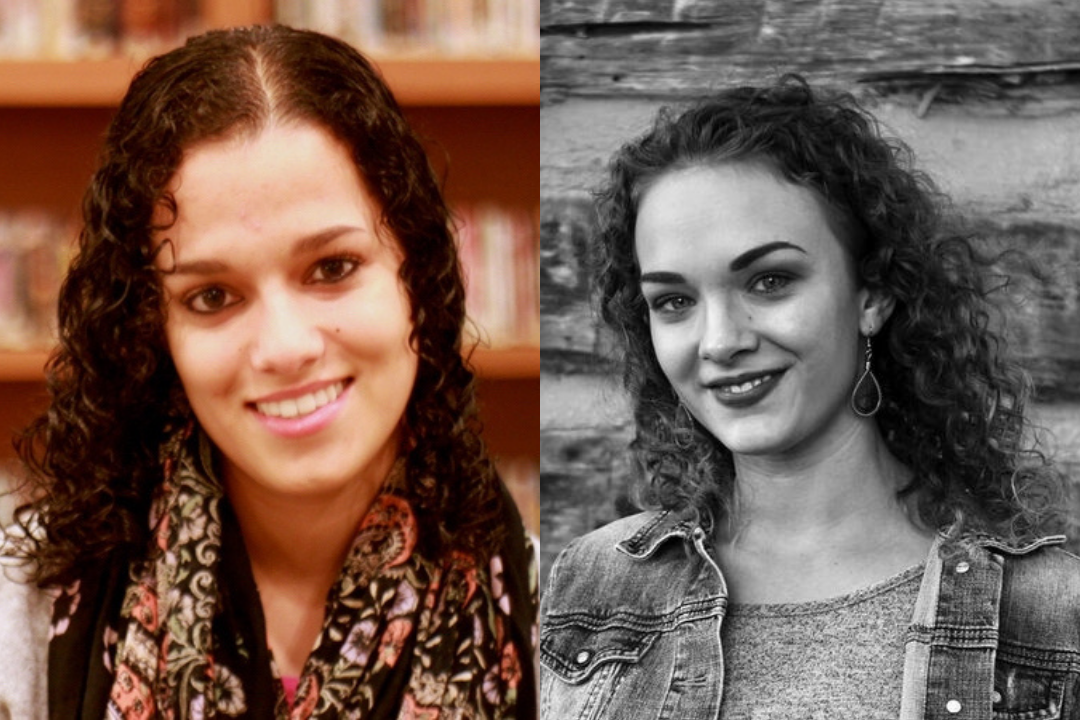From examining the psychological effects of political polarization to tying disability themes to fantasy genres, the PhD student winners of the Columbian Distinguished Fellowship represent a wide array of research and disciplines. In its fourth year, the fellowship funds 34 continuing students in 13 different PhD programs that range from American studies and anthropology to physics and political science. The award includes a four-to-five year stipend of approximately $30,000, which allows highly-qualified scholars to focus on cutting-edge scientific, social and cultural projects.
“The enhanced funding packages associated with the Columbian Distinguished Fellowship are designed to encourage the most academically gifted applicants to our PhD programs to come to GW to work with our world-renowned faculty,” said Associate Dean for Graduate Studies Chad Heap. “At the same time, the fellowships enhance CCAS faculty research by helping programs recruit the very best applicants.”
Read about some of the Columbian Distinguished Fellows and their accomplishments:
Katarina AuBuchon, Applied Social Psychology
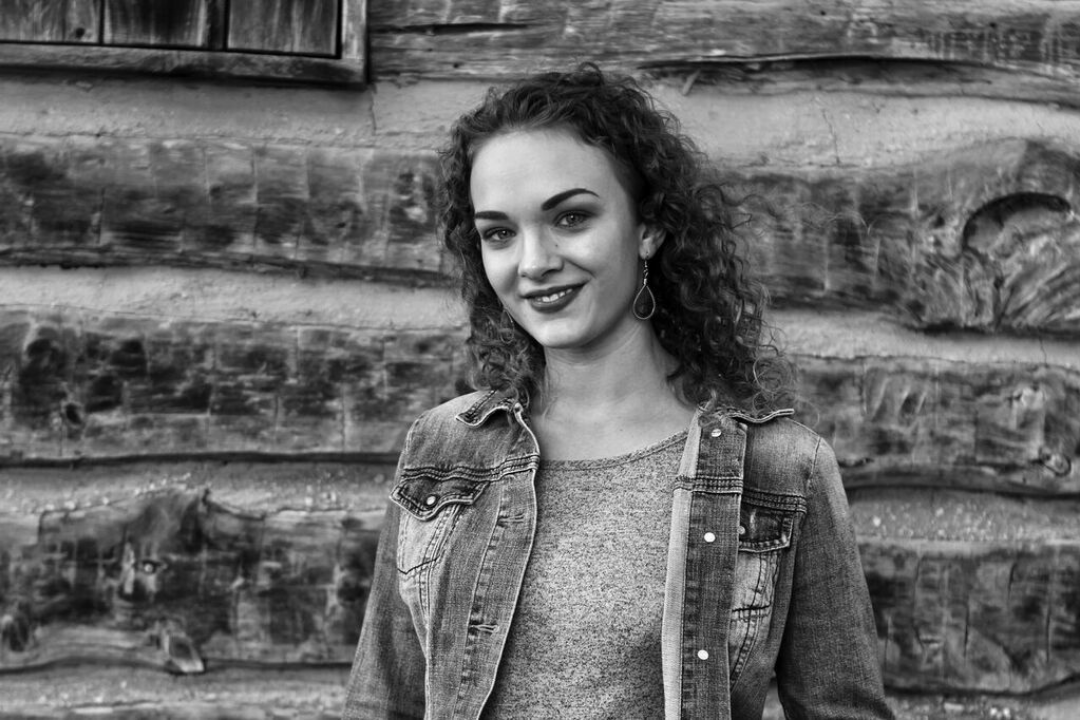
For third-year applied social psychology PhD student Katarina AuBuchon, the most important research projects are the ones that directly affect people’s lives. Whether she’s examining the psychological roots of political discord or the social influences of teen vaping, AuBuchon looks beyond numbers and data to the real-world outcomes of her work. “I strive to be a scientist who is touching people’s lives in a meaningful way,” she said.
AuBuchon’s research applies scientific rigor to the study of human behavior. In two current studies with Associate Professor of Applied Social Psychology Michelle Stock, AuBuchon is investigating our tendencies to exclude others based on their candidate preferences—research that not only applies to the polarized political climate, but also has implications for scenarios such as how students are treated in classrooms and fractures among families and friends. “If we want to have conversations about race, inequality and politics, we need to find ways to actually cross bridges, not burn them,” she said.
AuBuchon has also published data on college students’ e-cigarette beliefs, finding that there is a strong motive to use them to cope with stress. Currently, she and Stock are exploring how discrimination exacerbates the stress of the COVID-19 pandemic on Black Americans. AuBuchon “is determined to conduct research that is meaningful and has important implications to understand and help reduce health disparities in the United States,” Stock said.
Sharanya Rao, Clinical Psychology
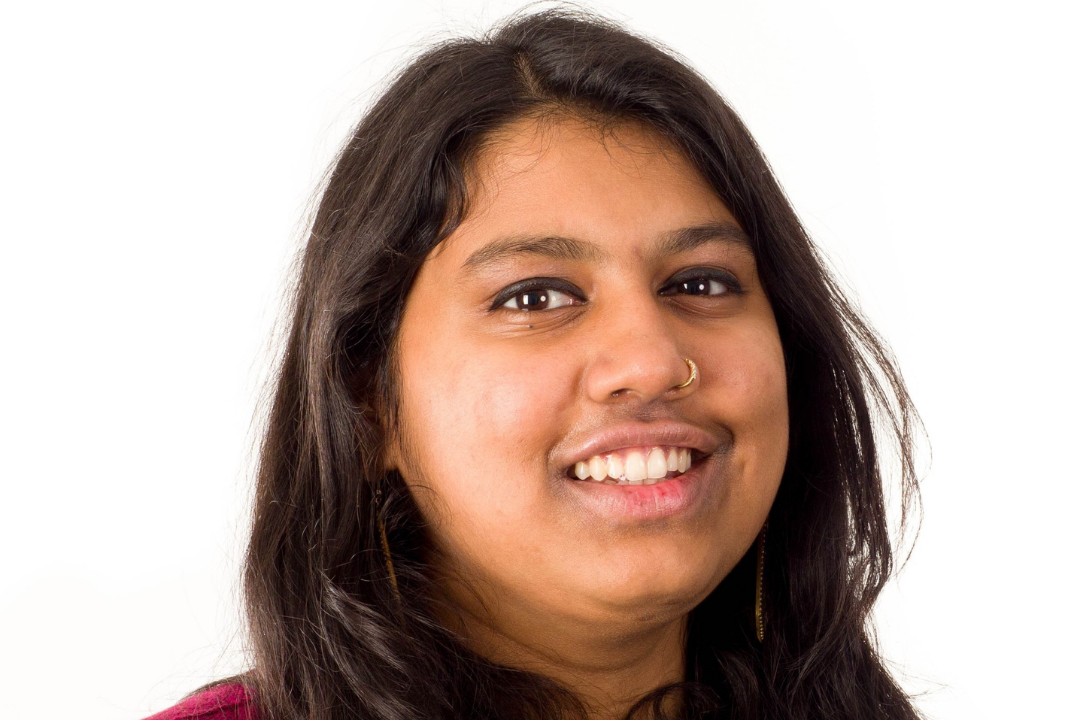
Before moving to Washington, D.C., as a student in the clinical psychology doctoral program, Sharanya Rao worked with a New Delhi nonprofit aiding the LGBTQ community in her native India. She saw first-hand how barriers to healthcare access intersect with human rights.
Rao had written her undergraduate psychology thesis on the effects of India’s laws on the mental health of LGBTQ people. But until she worked at the nonprofit, she never felt a personal connection to the community. “It was definitely a reality check,” she said. “That experience helped steer my career.”
Rao is combining her passions for healthcare and human rights at GW. Working primarily with Assistant Professor of Clinical Psychology Sarah Calabrese, she is looking at the links between stigma and healthcare experiences, particularly among LGBTQ women and trans people of color. Rao also augments her studies with clinical placements at Children's National Hospital, currently working in the Gender and Autism Clinic. “I have no doubt that [Rao’s] innovative research will have a meaningful impact on the lives of LGBTQ+ people and other marginalized communities,” Calabrese said.
Matthew Stigler, English
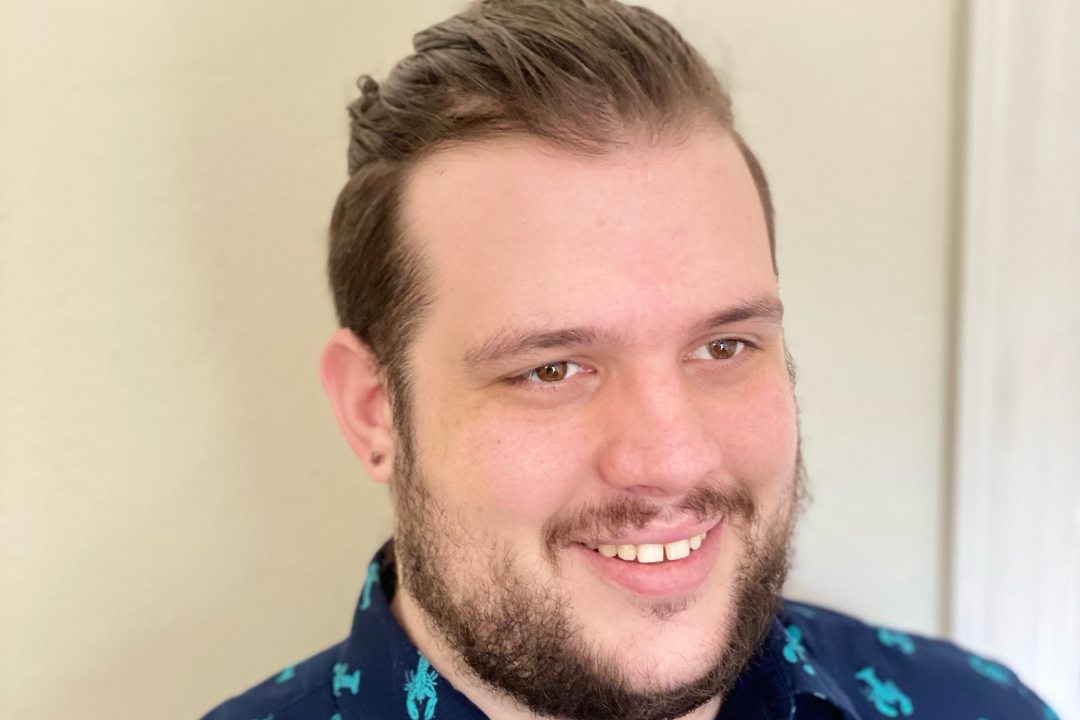
For most people, fantasy genres bring to mind images of Game of Thrones warriors battling Lord of the Rings demons. But Matthew Stigler, a fourth-year PhD student in English, sees fantasy books, movies and games through a less-obvious lens: their connection with disabilities.
As a fantasy fan and a person with a disability—Stigler was born without a foot—he has often noticed the genre’s ambivalent portrayals of the disabled. While fantasy is filled with “hyper-able heroes,” Stigler said a close reading of the classics reveals that some of the strongest heroes are given weaknesses that nod to disabilities. Consider, he noted, Harry Potter’s PTSD-like symptoms and Frodo’s fragile body. “Disability is baked into fantasy,” Stigler said. “There is a codependent relationship between the two.”
Before coming to GW, Stigler was a teacher who also advised middle and high school fantasy clubs. At that time, he did not know that academic studies of fantasy even existed. Working with mentors like Professor of English Robert McRuer, Stigler is turning his dissertation on the fantasy-disability link into a book. He is also creating an online database of role-playing games designed by disabled people. “Matt’s work challenges dominant understandings of fantasy,” said McRuer, who believes Stigler’s scholarly writing “will be the go-to text on disability and fantasy.”
Samoni Nag, Cognitive Neuroscience
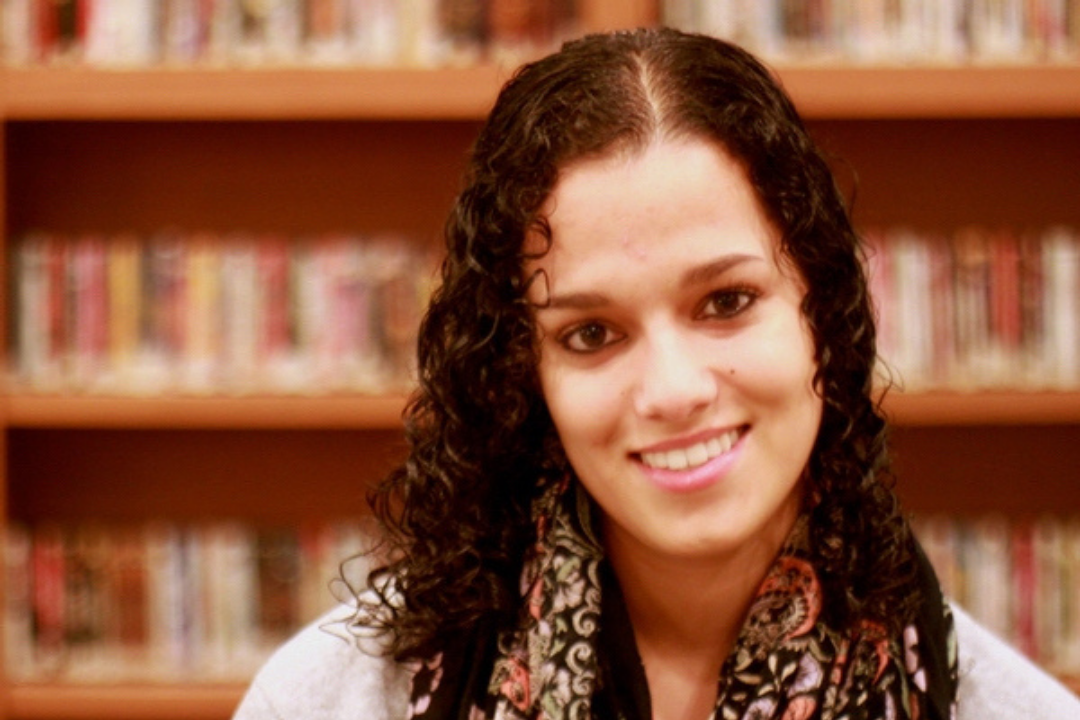
When rushing through airports, few people notice Transportation Security Administration (TSA) baggage screeners dutifully watching passengers and their luggage pass through security gates. But Samoni Nag, a third-year PhD student in cognitive neuroscience, knows exactly what’s going on behind the X-ray monitors. Nag’s research centers on visual search competence—using “big data” to understand how our brain detects targets among distractors in a visual environment. Her work has real-world applications for everyone from TSA screeners to radiologists to lifeguards keeping a watchful eye on swimmers.
“For most people, almost everything we do requires our visual sense and perception,” she said. “I’m interested in brain mechanisms that influence our attention and behavior.”
Nag works with both Professor of Psychology Stephen Mitroff’s Visual Cognition Lab and with Associate Professor of Cognitive Neuroscience Dwight Kravitz on collaborations with the U.S. Army Research Lab. Her studies focus on the degree to which experience—such as memory or past events—affects the way we visually search for items. Much of her data is culled from analyzing behavioral patterns of video game players.
“Samoni’s work is illuminating our understanding of the neural mechanisms governing a behavior central to a broad array of fields from satellite image analysis to detecting cancer,” Kravitz said.


